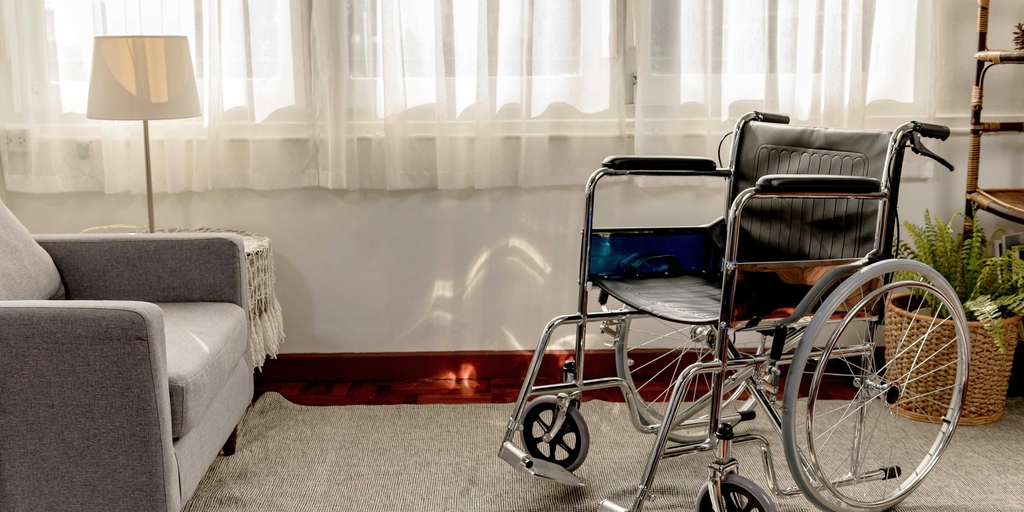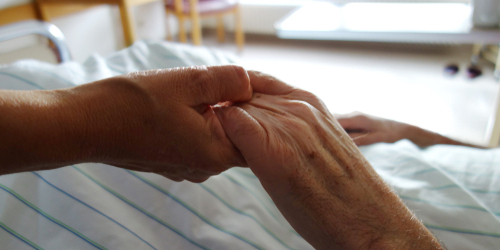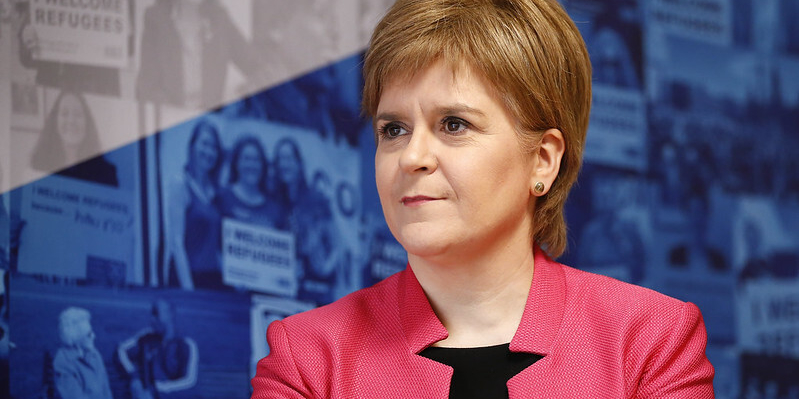50 + Doctors Sign Letter Against Assisted Suicide
Assisted Suicide
In the Sunday Times this week, more than 50 doctors signed a letter opposing calls for assisted suicide to be legalised across the UK.
The letter mentions the recent poll by the British Medical Association (BMA) of its members views on the issue.
One of the striking results in the survey was the fact that doctors on the front line of end of life care - especially palliative care clinicians - were more opposed to legalising assisted suicide.
Read the full letter
We are practising doctors who care daily for dying patients. We believe that the letter published last week in which 50 doctors — many not in clinical practice — called for a review of the law on “assisted dying” skated round some important facts.
In the results of the British Medical Association survey they quote, support for a change in the law is heavily weighted by responses from medical students and retired doctors. A majority of doctors licensed to practise would not agree to prescribe lethal drugs (assisted suicide), and a larger majority would not administer them (euthanasia). Any marginal interest in the idea is therefore not matched by enthusiasm for the practice.
Every legislature that allows “safeguarded” assisted dying has seen its safeguards breached, starkly illustrating the gap between principle and practice. This is a complex and emotive issue, but one thing is clear: it causes deep divisions in the medical profession — a profession already buckling under the strain of Covid-19.
If ever assisted dying were to be legalised, the role of doctors must be limited to the provision of an opinion on the applicant’s medical condition. It should be for the courts alone to make decisions — as they do now on life-or-death issues.
Signatories
Dr Mark Taubert, consultant in palliative medicine, Cardiff; Dr Rosemarie Antony-Pillai, consultant in palliative medicine, Surrey; Dr Mark Banting, consultant in palliative medicine; Dr Kirsten Baron, consultant in palliative medicine, Manchester; Dr Helen Bonwick, associate specialist in palliative medicine, Merseyside; Dr David Brooks, consultant in palliative medicine, Chesterfield; Dr Duncan Brown, consultant in palliative medicine, Lothian; Mr James Byrne, consultant surgeon, Wessex; Dr Angela Campbell, consultant physician in medicine for the elderly, Glasgow; Dr. George Chalmers, consultant in respiratory medicine, Glasgow; Professor John Chester, consultant medical oncologist, Cardiff; Dr Seamus Coyle, consultant in palliative medicine, Merseyside; Dr Sarah Cox, consultant in palliative medicine, London; Dr Carol Davis, consultant in palliative medicine, Southampton; Dr Gillian Foster, consultant in palliative medicine, Scotland; Professor Craig Gannon, consultant in palliative medicine, Surrey; Dr Marie Fallon, consultant in palliative medicine, Edinburgh; Dr Alison Franks, consultant in palliative medicine, Coventry; Professor Rob George, elected councillor, Royal College of Physicians, London; Dr James Gilbert, consultant in palliative medicine, Exeter; Dr Aoife Gleeson,clinical director for palliative medicine, Cardiff; Dr Clare Green, consultant medical oncologist, Hampshire; Dr Robin Howard, consultant neurologist, London; Dr Ruth Isherwood, consultant in palliative medicine, Scotland; Dr Andrew Jenks, consultant in palliative medicine, Hampshire; Dr Anna John, ST3 palliative medicine, Wessex; Dr Sophie Jones, palliative medicine trainee, Wessex; Dr Rachel Kemp, ST3 palliative medicine, Lothian; Dr Barry Laird, reader in palliative medicine, Edinburgh; Dr Ailish Lanahan, general practitioner, Lanarkshire; Dr Antony Latham, general practitioner, Western Isles; Dr Iain Lawrie, consultant in palliative medicine, Manchester; Dr Fiona MacCormick, consultant in palliative medicine, Tayside; Dr Paul McNamara, consultant in palliative medicine, Newcastle upon Tyne; Dr Jonathan Martin, consultant in palliative medicine, London; Dr Paula Morey, consultant in palliative medicine, Wessex; Dr Ollie Minton, consultant in palliative medicine, Sussex; Dr Alex Nicholson, consultant in palliative medicine, Durham; Dr Nick O’Rourke, general practitioner, Portsmouth; Dr Simon Pennell, specialty doctor palliative medicine, Hampshire; Dr Amy Proffitt, vice president, association for palliative medicine, London; Dr Fiona Rawlinson, consultant in palliative medicine, Cardiff; Dr Melody Redman, registrar in clinical genetics, Yorkshire; Dr Paul Shaw, consultant oncologist, Cardiff; Dr Eleanor Smith, consultant in palliative medicine, Sheffield; Dr Juliet Spiller, consultant in palliative medicine, Scotland; Dr Claire Stoller, consultant in palliative medicine, Wessex; Dr Aaron Sutherland, consultant in palliative medicine, Edinburgh; Dr Feargal Twomey, consultant in palliative medicine, Ireland; Dr Ian Warwick, consultant in palliative medicine, Northern Ireland; Dr Victoria Wheatley, Palliative Medicine Consultant, South Wales; Dr Dominic Whitehouse, consultant physician, palliative medicine, Sussex; Dr Anne Williams, general practitioner, Glasgow





Share story
50 + Doctors Sign Letter Against Assisted Suicide